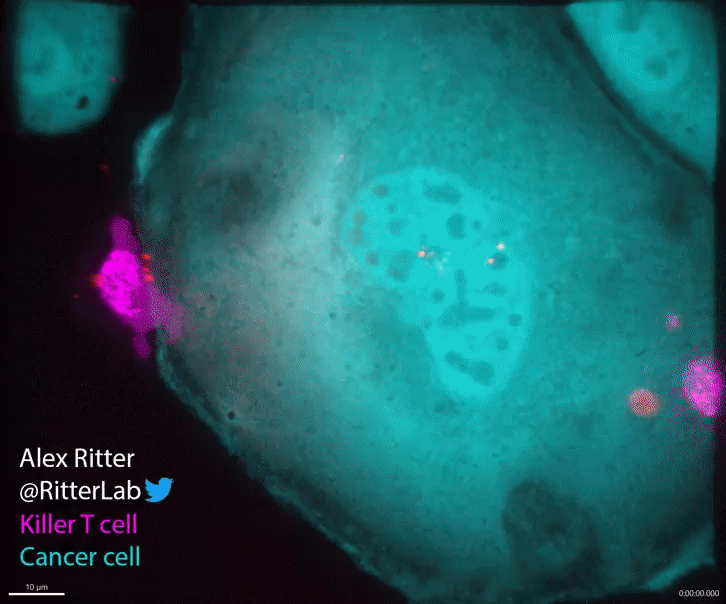Here are a few nuggets I dug up during April 2022. You may have seen some of them already, but others may have escaped your notice. I dig widely and in different soils.
I’ll try to do this monthly. You can get it in your inbox if you…
Of course, maybe you have already subscribed (a million thanks). Don’t worry, I’ve got a button for you too.
Science
Octopus metropolises (Octopolis and Oclantis). I’ve written about our eight-armed friends before. Despite their reputation as (lovable?) loners, sometimes octopuses form communities with clear dominance hierarchies. Octopolis and Oclantis are two such communities in Jarvis Bay, Australia. Their existence raises a challenge for the recent proposal to establish an octopus farm. Cramming many octopuses in a small space is not a good idea. They don’t always play nice together, they’re escape artists, and their welfare will suffer immensely.
What do you think? Is it wrong to farm octopuses? What about other animals?
Closing genome gaps. Over twenty years after its first public appearance, the human reference genome gets a major upgrade. A collaboration of around 100 researchers (and many more people behind the scenes) fills in some gaps, corrects a few mistakes, and proposes around 2,000 ‘new’ genes.
The science and philosophy of animal consciousness. The latest issue of the Journal of Consciousness Studies is entirely devoted to animal consciousness. Several of the papers are open access and - as far as academic things go - quite readable. We know that non-human animals can be pretty clever. But are they conscious? To mangle a classic: ‘What is it like to be an animal’? It seems pretty intuitive that animals are conscious, that they have subjective inner experiences. How do we know, though? And how do we study this? These papers give you plenty to (mentally) chew on.
The metabolic engine that could. How did life begin? Who knows. We don’t even know where it began. In the deep sea or in Darwin’s warm little pond? Or was it seeded by meteorites? What we do know is that, at some early point in life’s journey, molecules had to start to work together. The ‘metabolism first’ idea proposes that this is actually how life began and there are a few studies that suggest that specific metabolic reactions can simply kickstart themselves.
Control the controls. This tweet starts off an important thread. A lot of popularized science comes with screaming headlines, and even if the results of a study seemingly warrant this, it’s always a good idea to take a closer look at the control group.

Science visual of the month. A killer T cell of the human immune system (purple) destroys an ovation cancer cell (blue). About one hour in real-time:


History
The history of humor is full of fart jokes. Many ancient jokes are too context-dependent to make a lot of sense today, but some things never change. Humans are still human, and few things are as funny as sex and, hum, bodily functions. Here’s the oldest written joke we know of:
"What has never happened since time immemorial? A young wife has not farted on her husband's lap."
Here are the 10 most ancient written jokes/riddles. Animals, sex, yo mama, and farts.
Some things never change, indeed.
Help solve the squiggly shape mystery. Have you ever wondered why letters are shaped the way they are and why some sounds tend to be represented by similar shapes? Head over to Glyph and help scientists find out. An intro:


Technology
AI aplenty. Earlier this month, I wrote about some big (baby) steps in recent AI. I also wrote about the dangers of dual-use research in machine learning for drug discovery (small step from drug to chemical weapon, it seems). And here’s a wonderful article that combines two of my interests: machine learning and evolutionary biology!
AI aplenty continued. For those of you with some more time on your hands, the spring 2022 issue of the journal Daedalus is entirely focused on the (growing) role of AI in society. It’s all open access, very readable, and if you’re interested in this field of research, you’ll recognize plenty of big names among the contributors. Something to savor and lots to think about. (Also fertile soil for those of you who venture into fiction from time to time…)





